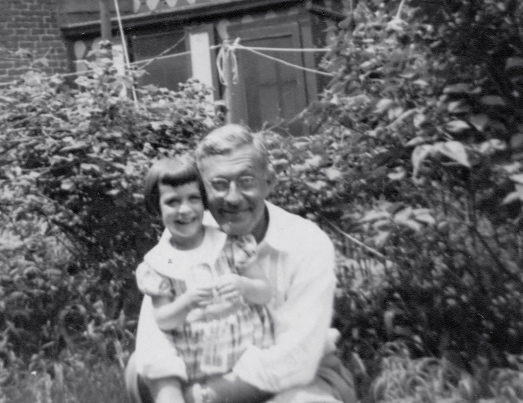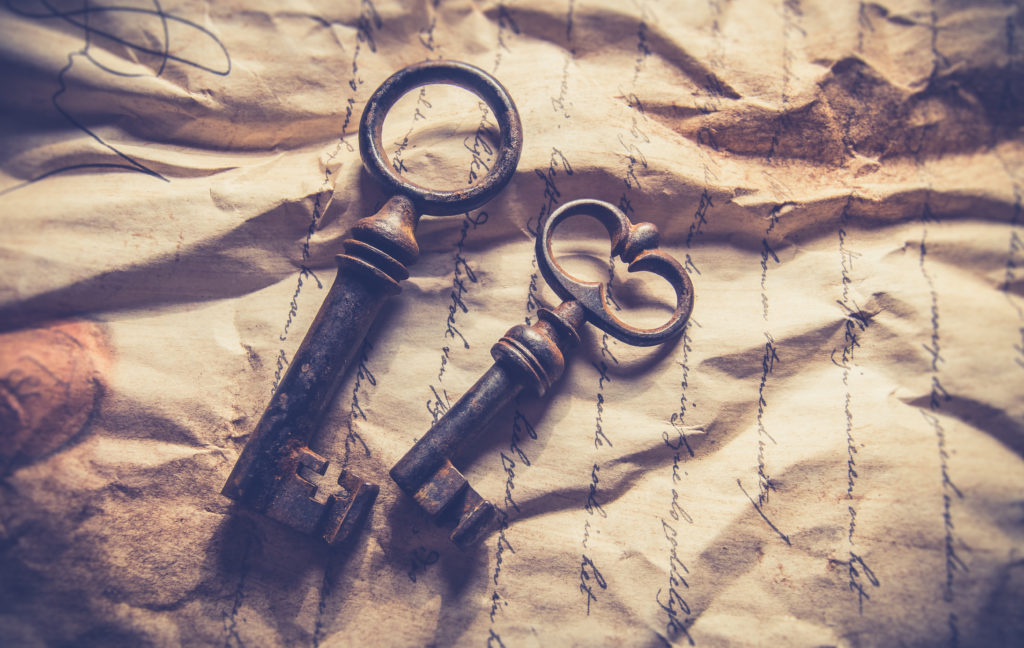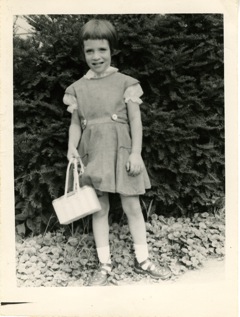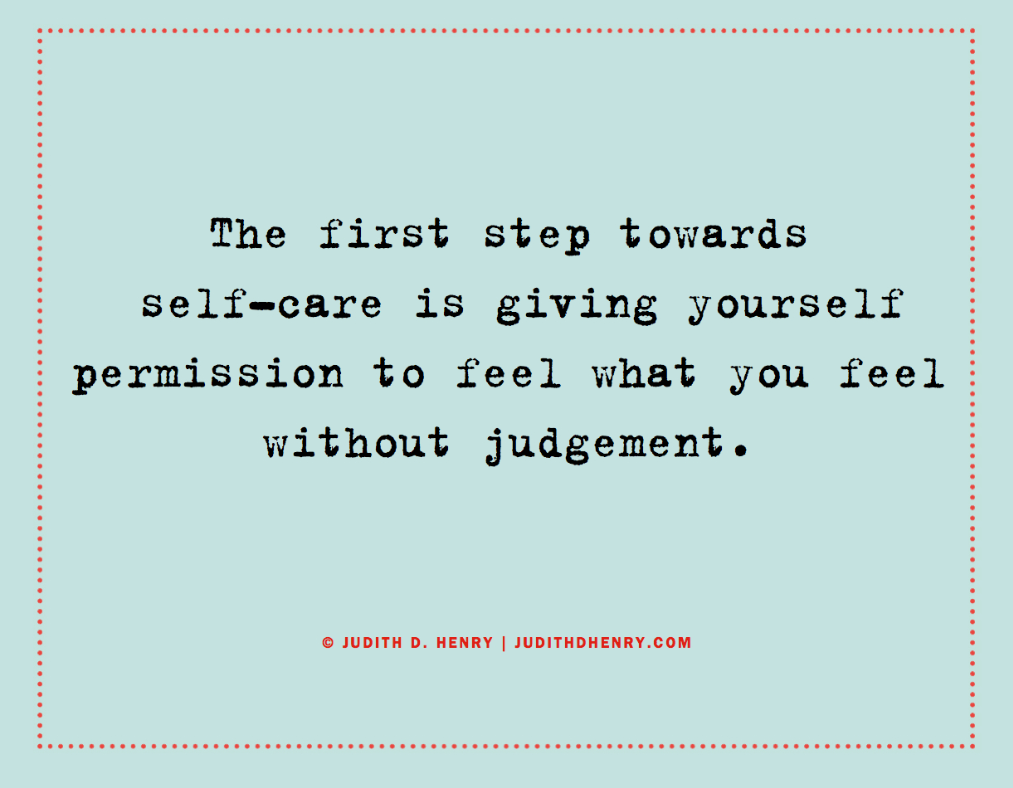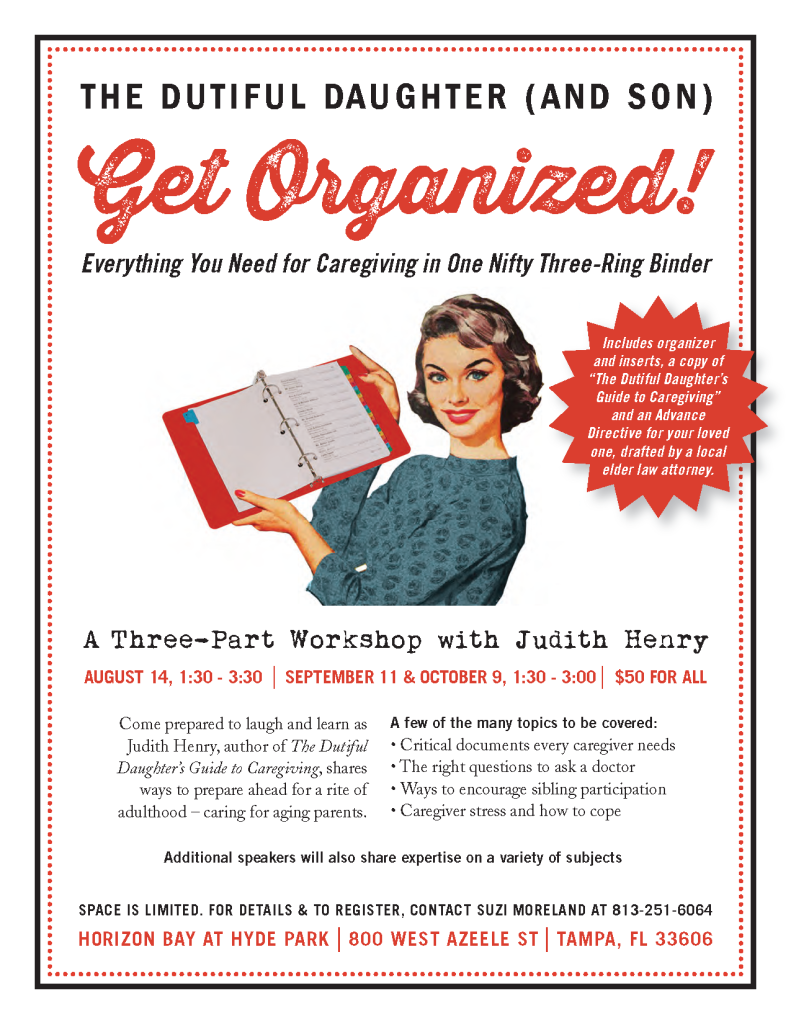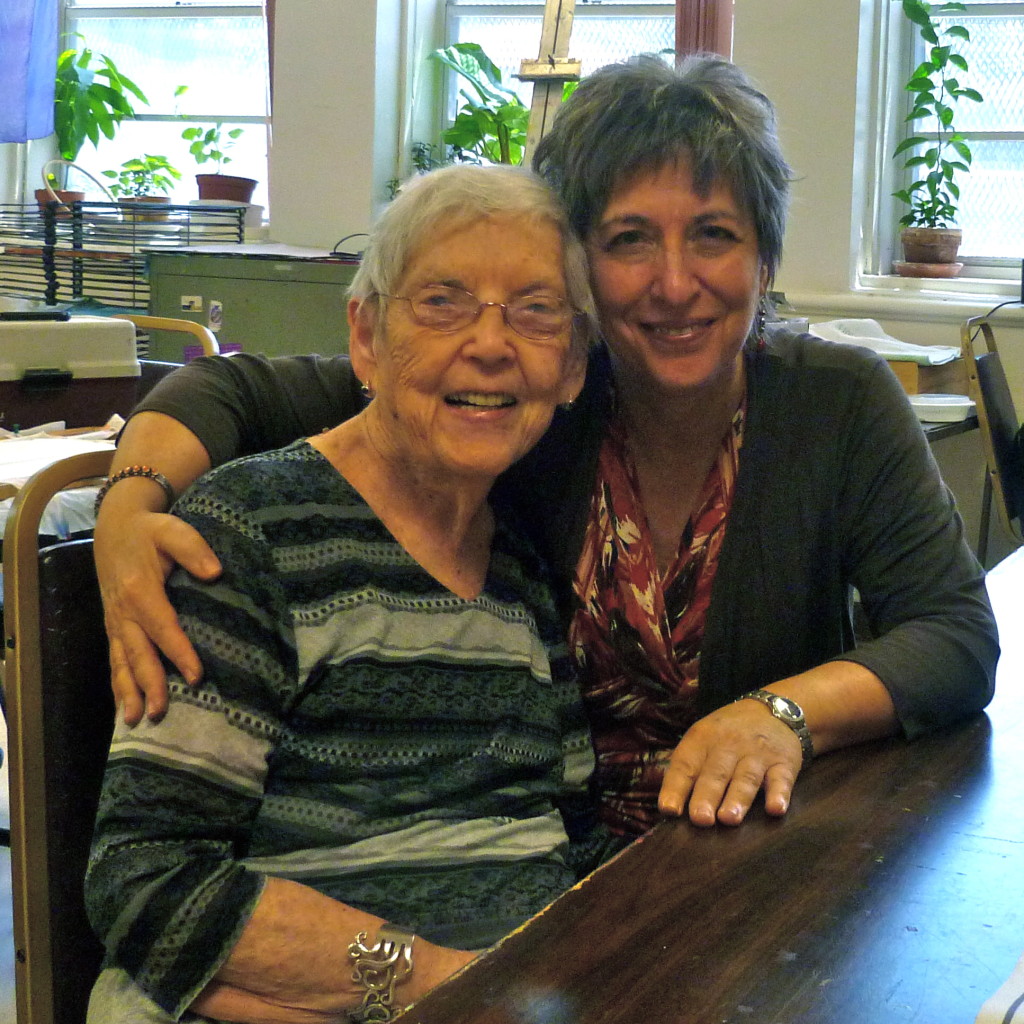
In the last year of my mother’s life, she was boomeranging between home and late-night trips to the emergency room every other month. This often meant lengthy hospital stays that left her even weaker than before. Every time it happened, I found myself mentally trying to prepare for the end. Her end. And there were so many things I still wanted to say and ask.
During one of my hospital visits with her, as we’re discussing how much she misses her art classes and how my younger siblings are doing, I decide to broach a topic that has been weighing on my mind lately.
“Mom, I love you, and it’s important to me that you get the send-off you really want, when the time comes. How about if we put our heads together and plan your funeral?”
She claps her hands and says, “Oh, that’s a great idea. What should we talk about first?”
This was one of the many things I loved about my mother — her practical nature; plus, the fact that we shared the same preference in curse words.
She wants to be cremated like my father, but we’ve never discussed where she wants her ashes scattered. Was it in the same place as his — the canal behind the house they’d lived in for 50 years?
“No, no. Don’t dump me in the water. I can’t swim,” she says in all seriousness.
“I want to be scattered over the nearest Stein Mart,” I say with a straight face. “How does that sound?” We were the discount queens, she and I.
Laughing and shaking her head, she says, “I want to be close to you. How about sprinkling me in your backyard in Tampa? Would that freak you out?”
I don’t even hesitate. “Fine with me.” I’m already imagining the perfect spot underneath my papaya tree, strung with wind chimes and bird feeders.
Already knowing the answer, I then ask, “So, do you want a traditional service or do you want a kick-ass goodbye party?”
“No schmaltzy, depressing stuff,” she replies. “I like the idea of friends and family just coming together to share the good times we had. Let’s do a party with invitations.”
Her right hand, the long elegant fingers now bruised and crooked with arthritis, trace invisible text in the air. “‘Come celebrate a joyous life.’ Oh, and put ‘no gifts necessary.’” She guffaws loudly. It’s a hopeful sound to me, and for just a second I forget how weak she’s become.
We agree that the perfect place to hold her bash is the Beardall Senior Center, where she’d been taking art classes for years. She has made dear friends there who continue to call and visit when she’s unable to attend.
“What about music?” I ask. “I’m thinking a combination of Klezmer and Barbra Streisand. I know those are your favorites.” She loves that idea and her imagination and sense of humor take off. “Oh, yes. Let’s do Bab’s version of ‘Happy Days Are Here Again.’” And we howl with laughter.
We come up with a few more Streisand songs including “Someone to Watch Over Me,” “Here’s to Life,” and “Second Hand Rose” since Mom is such a dedicated Goodwill shopper.
“I want balloons and good food. Let’s get TooJay’s to cater it.” They were the closest thing to a deli in Orlando and her favorite place for a kosher hot dog or pastrami sandwich.
“I wonder what your brother and sister would think if they knew you and I were planning my funeral?” She gives me a sly co-conspirator’s smile. My mother loves all her children, but she and I are bound by the secrets she’s told me over the years.
While we’re making more arrangements, my mother’s day nurse, Anne, who looks like she’s twelve, comes into the room. “We’re planning a party,” my mother tells her, and I know what’s about to happen.
“Oh, what’s the occasion?” Anne chirps, walking into the trap. My mother delivers the punch line with the skill of a borscht-belt comic. “My funeral!” she says. Buh dum bum.
Anne’s perfect features scrunch into a look that says, “Oh, shit, they didn’t tell me how to handle this in nursing school,” and she turns to me for help. I shake my head. She’s on her own.
My mother shares the party details and tells her in a no-nonsense tone, “It’s important to let your family know what your wishes are. After all, it’s your funeral,” and laughs at her own joke.
“What a good idea,” Anne fibs politely, backing out of the room. We know she’s headed towards the nurses’ station to tell everyone about the crazy lady and her daughter down the hall. We don’t care.
By now my mother is looking better, with more color in her cheeks. She reminds me of a tiny sparrow sitting up in that bed and suddenly the enormity of it all bears down on me and I want to go home. It’s time to wrap this up for now, say goodbye, and drive back to Tampa while I can still keep my eyes open. Leaving is always a push/pull.
Seeing the struggle on my face, she smiles and says, “You did good,” and tells me how happy she is with the arrangements we’ve made. I take a deep breath and give myself permission to leave, and finally, to grieve.
